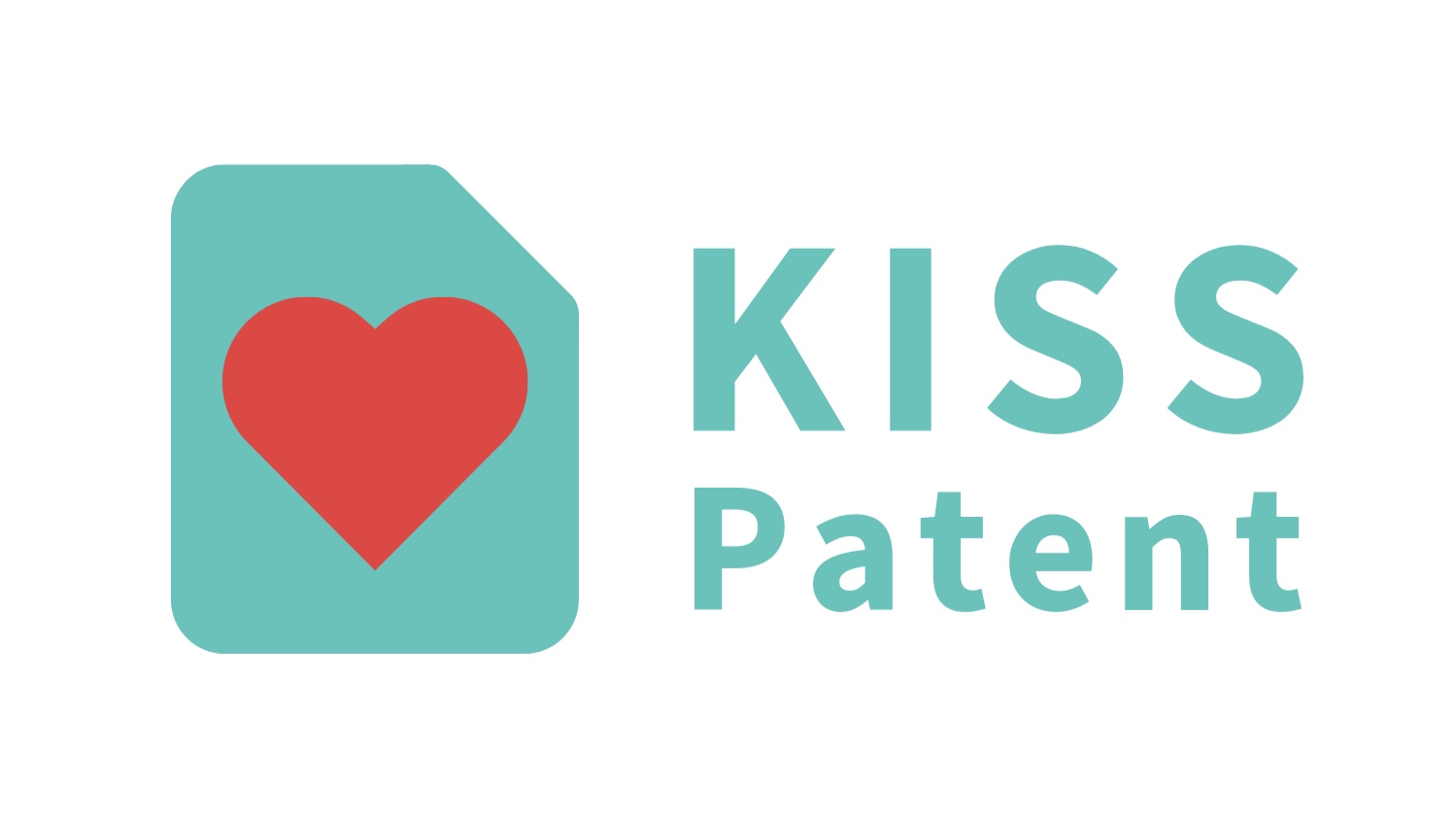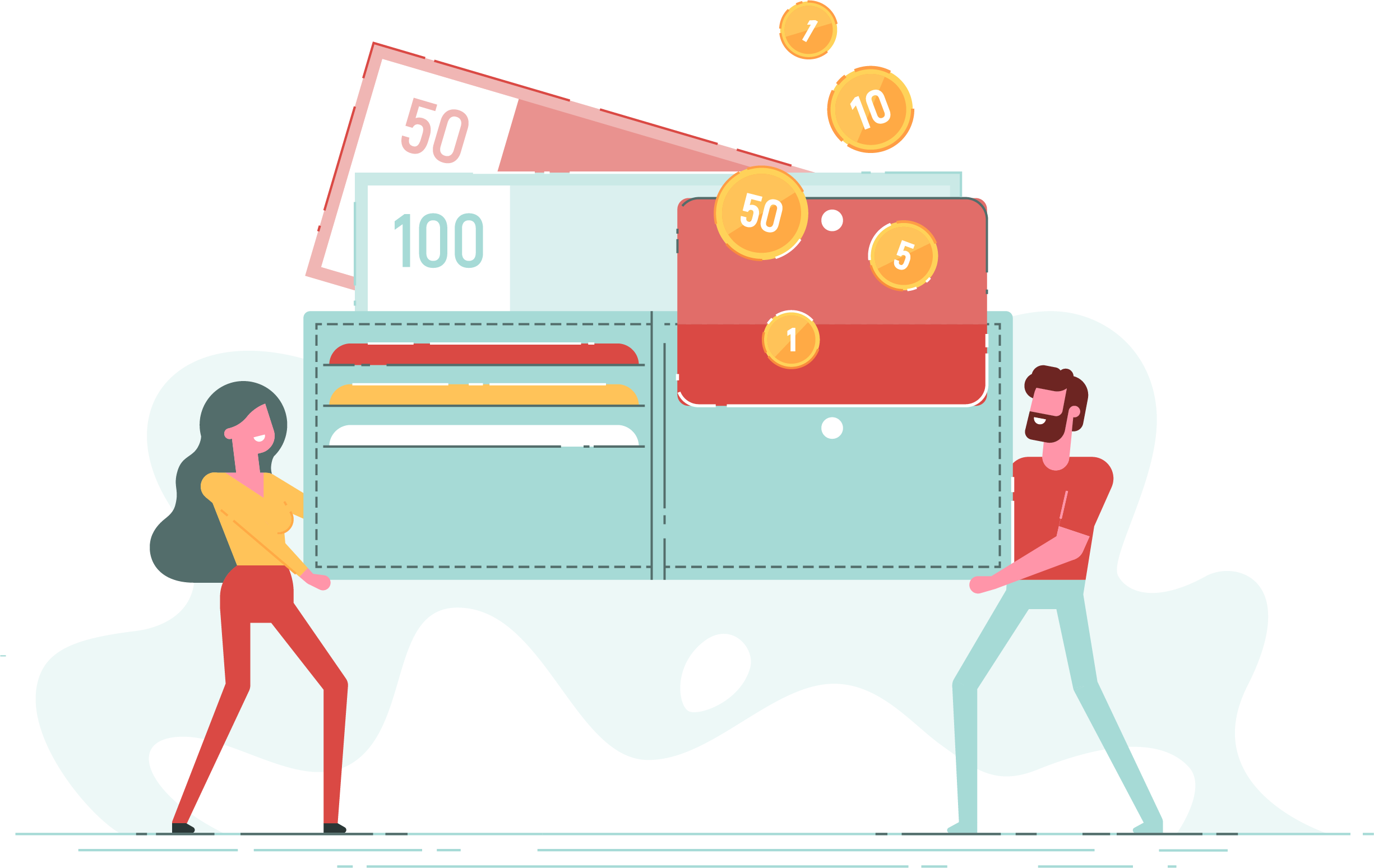This is a guest-post written by LIGO.
For a while now the convertible note has been a big hit in the US. Now it is also gaining popularity amongst startups in The Netherlands. Typically the convertible notes are used for seed rounds. These rounds are the first funding a startup raises. Do you need funding for your startup? Have you heard of convertible notes? This blog explains exactly what convertible notes are and lists all the benefits.
What are convertible notes?
A convertible note is a short-term loan used in startups in the early stage. The convertible note is structured as a loan with the intention of converting that loan into equity (certificates of) shares upon a subsequent investment or acquisition. So why not give the investor his shares immediately? To be able to give the investor his shares you have to agree on how much the company is worth, which is not that easily done with a startup. By using the convertible notes you postpone the debate on the valuation of your startup to a later moment in time in which you will be able to determine the company’s worth much better. This way you prevent long negotiations about the worth of the startup and at the same time use that newly gained time to give your startup the launch/the space to make your business grow fast.
What terms and conditions can you agree upon?
Due to the fact that the investor has shown a (great) amount of trust in your startup at such an early stage, thus willing to take certain risks, terms and conditions are agreed upon which are usually beneficial for the investor. The following conditions are common:
Discount rate. A discount can be given on the price paid by the investor for his shares at the time his notes are converted into shares. That discount is usually between 15% and 30%.
Valuation Cap. Often parties agree on a ‘cap’. This is the maximum valuation at which the investor may convert his notes into shares. This way you prevent the investor receives relatively few shares at a high valuation. The valuation cap is another way to reward early stage investors for taking on additional risks.
Interest Rate. Technically a convertible note is a loan. Therefore it also carries an interest rate. In most cases the interest rate is paid upon conversion or on the agreed due date. Unlike traditional loans, it is possible to agree to convert the interest rate with the shares. The advantage is that the interest is paid in additional shares upon conversion of the note instead of cash.
Want to ensure that you have the best chances to receive a convertible note for your startup?
Take our short survey to find out what type of intellectual property is right for your startup!
Benefits for the startup
Convertible notes are a piece of cake! There is no need to write down the valuation of the startup, therefore these convertible notes are very short documents which can be prepared very quick and can be easily arranged. You also save another trip to the notary, due to the fact that you do not have to issue shares just yet. Needless to say you do not need a share transfer and you also do not need to negotiate on a shareholders-agreement with the investor. Another advantage is that you yourself maintain the control of the startup. This way you stay in charge of running the startup your way, instead of issuing shares to investors who immediately will receive voting rights. Eventually the investors will receive their share upon conversion. At what point does that happen? That depends on “the triggers” you have agreed on in the convertible notes (such as the next seed/investment round).
Benefits for the investor
There are also advantages for the investor. The investor receives a guaranteed return on his investment: namely the interest rate on the loan. In case of bankruptcy, the investor will be ranked higher than the shareholders, this way he has more assurance on his reimbursement.
UPDATE
Ed Zimmerman (a lawyer with experience in these deals) writes in Forbes magazine that startup founders should model their deal flow in a way that can occur with a proposed convertible note. Otherwise, they may find themselves with problems if the startup is either not so successful – resulting in an acquisition – or wildly successful – and end up raising a lot of money in the next round.
So, as in any legal dealing, you need to check out the fine print before you sign!
But, problems aside, how can you make convertible notes work for your startup?
IPEG, the intellectual property (IP) consultants, recommend increasing your startup’s valuation with patents and other IP. As they point out, strong IP can attract corporate partners and create a valuable property that persists even after a pivot.
The Stout advisory group, which specializes in determining valuations and investment banking, also recommends patents to increase your startup’s valuation – and to make it easier to close a round with a VC.
And of course, there are other options – like the increasingly popular SAFE (Simple Agreement for Future Equity), which Y Combinator recommends.
Ultimately, all of these different types of financing are meant to give startups additional tools to raise money – and to be successful.
Wondering if your idea is patentable? Have a question about this article? We can answer all of your questions — just hit "contact us" down below!






























